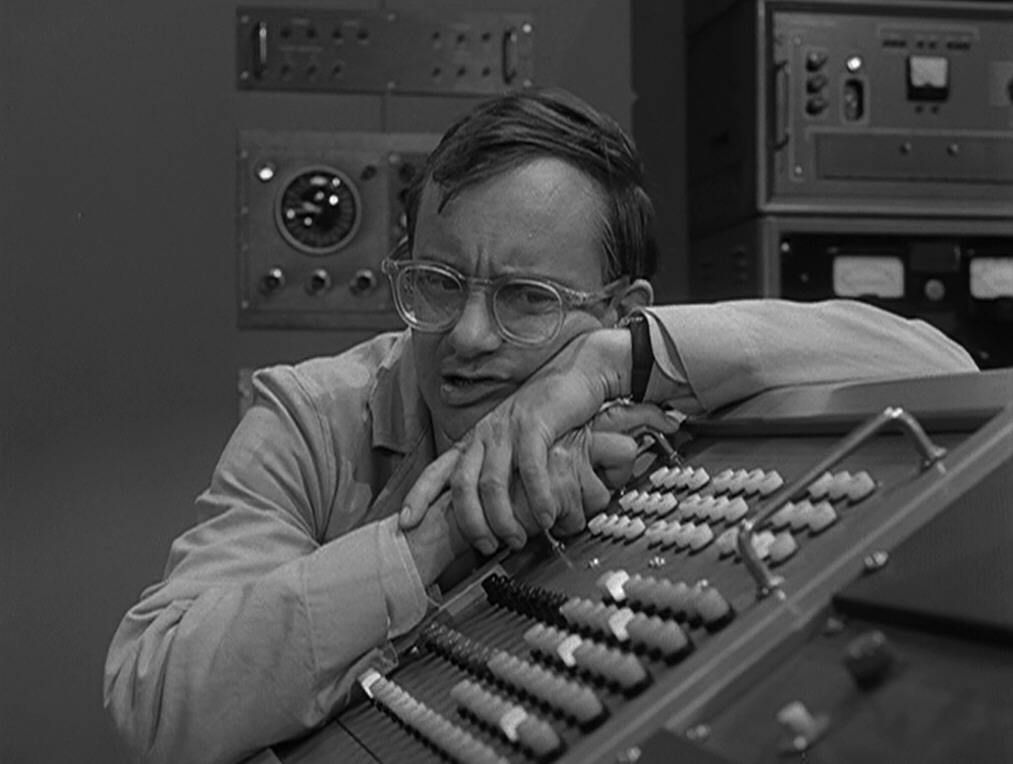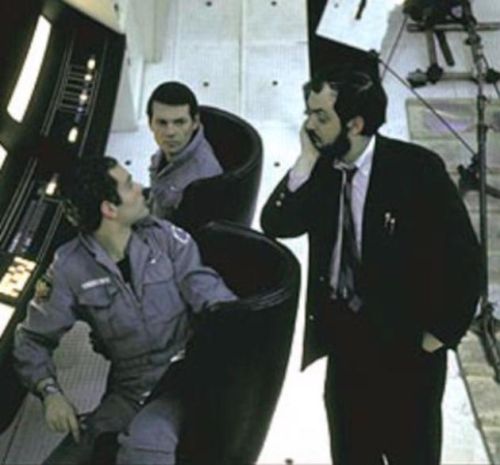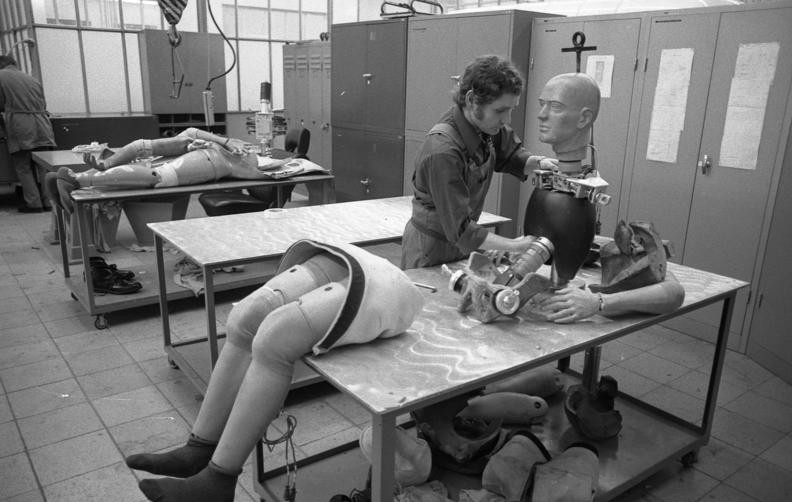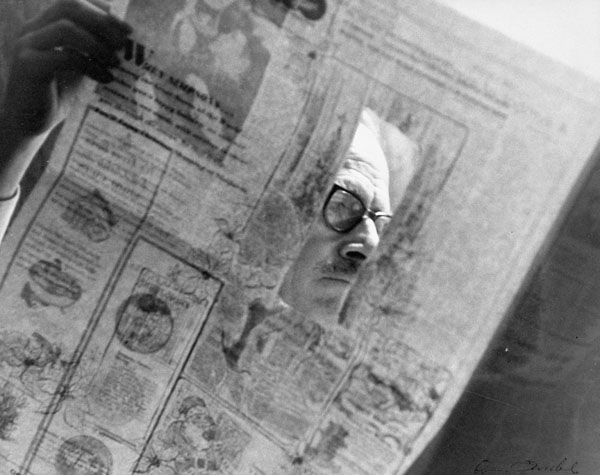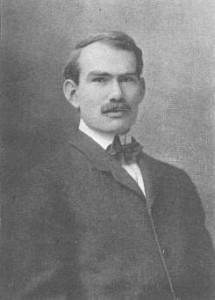
The robot-aided piloting of airplanes has been around longer than many people may realize. And soon it will be in cars as well. For the most part, that’s a great thing. Plane crashes in U.S. commercial airliners aren’t exactly a thing of the past, but almost, as the autonomous function combined with knowledge of wind shears has reduced dangers markedly. Roboplanes also wrestled the controls from often-autocratic lead pilots, whose refusal to listen to dissent led to many air crashes.
But there’s a new peril attendant to autonomous steering: As Nicholas Carr outlined last year, pilots are no longer as practiced should a technological glitch happen (and they will occur, if rarely).
The question is: Since the big-picture of safety has been greatly improved in aviation, how concerned should we be about technology causing some human pilot skills to atrophy? The same question can be applied to robocars and drivers going forward.
From “The Human Factor,” William Langewiesche’s Vanity Fair article about the safety measures that can occasionally making flying unsafe:
“These are generally known as ‘fourth generation’ airplanes; they now constitute nearly half the global fleet. Since their introduction, the accident rate has plummeted to such a degree that some investigators at the National Transportation Safety Board have recently retired early for lack of activity in the field. There is simply no arguing with the success of the automation. The designers behind it are among the greatest unheralded heroes of our time. Still, accidents continue to happen, and many of them are now caused by confusion in the interface between the pilot and a semi-robotic machine. Specialists have sounded the warnings about this for years: automation complexity comes with side effects that are often unintended. One of the cautionary voices was that of a beloved engineer named Earl Wiener, recently deceased, who taught at the University of Miami. Wiener is known for ‘Wiener’s Laws,’ a short list that he wrote in the 1980s. Among them:
- Every device creates its own opportunity for human error.
- Exotic devices create exotic problems.
- Digital devices tune out small errors while creating opportunities for large errors.
- Invention is the mother of necessity.
- Some problems have no solution.
- It takes an airplane to bring out the worst in a pilot.
- Whenever you solve a problem, you usually create one. You can only hope that the one you created is less critical than the one you eliminated.
- You can never be too rich or too thin (Duchess of Windsor) or too careful about what you put into a digital flight-guidance system (Wiener).
Wiener pointed out that the effect of automation is to reduce the cockpit workload when the workload is low and to increase it when the workload is high. Nadine Sarter, an industrial engineer at the University of Michigan, and one of the pre-eminent researchers in the field, made the same point to me in a different way: ‘Look, as automation level goes up, the help provided goes up, workload is lowered, and all the expected benefits are achieved. But then if the automation in some way fails, there is a significant price to pay. We need to think about whether there is a level where you get considerable benefits from the automation but if something goes wrong the pilot can still handle it.’
Sarter has been questioning this for years and recently participated in a major F.A.A. study of automation usage, released in the fall of 2013, that came to similar conclusions. The problem is that beneath the surface simplicity of glass cockpits, and the ease of fly-by-wire control, the designs are in fact bewilderingly baroque—all the more so because most functions lie beyond view. Pilots can get confused to an extent they never would have in more basic airplanes. When I mentioned the inherent complexity to Delmar Fadden, a former chief of cockpit technology at Boeing, he emphatically denied that it posed a problem, as did the engineers I spoke to at Airbus. Airplane manufacturers cannot admit to serious issues with their machines, because of the liability involved, but I did not doubt their sincerity. Fadden did say that once capabilities are added to an aircraft system, particularly to the flight-management computer, because of certification requirements they become impossibly expensive to remove. And yes, if neither removed nor used, they lurk in the depths unseen. But that was as far as he would go.”

